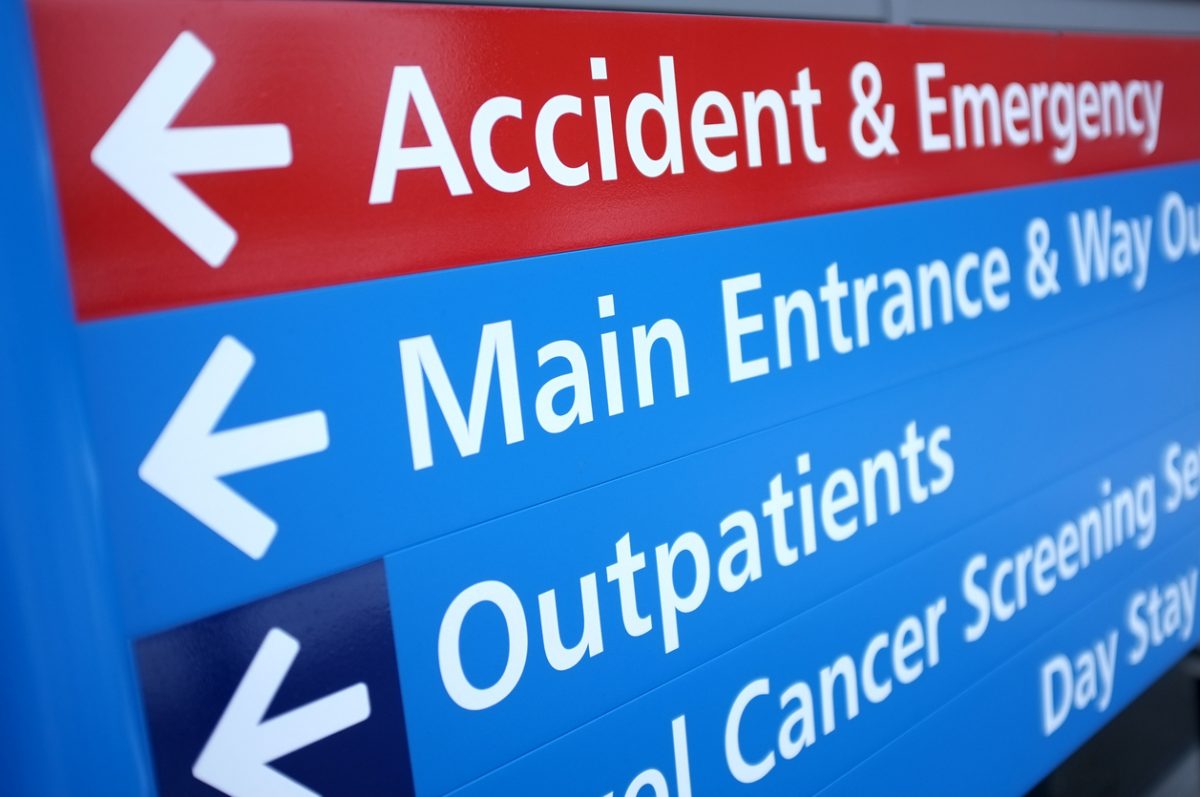
An AI project which successfully cut A&E attendances by a third has been greenlit for a wider rollout.
Over 1,000 patients were involved in a trial of an AI system developed by Health Navigator at York Teaching Hospitals Foundation Trust over the last four years.
AI was used to identify patients at risk of unplanned hospital admissions. By highlighting these patients, nurses were deployed to help coach them over six months on how to improve their health and reduce the risk of visiting A&E.
The trial resulted in a 30 percent reduction in unplanned hospital admissions and a 25 percent reduction in planned admissions. With the huge pressure on the healthcare system, this reduction in admissions – particularly unplanned – helps to ensure resources are readily available for those who need them.
Fiona Bell, lead officer for primary care at NHS Vale of York CCG, said:
“High emergency admissions are a system problem, not just the responsibility of secondary care. A lot of people go to A&E if they are feeling anxious about their health or they need reassurance.
We needed to find a way to support these patients to help them understand their conditions better, make life changes which will improve their health and know which services to access when they need support.
From the local RCT, we found that 55% of patients felt much more engaged with their care, whilst 84% of people reported an improved quality of life and having more confidence in managing their conditions. These results are really impressive and have a huge impact on patients’ everyday lives.”
A&E is the most important part of any hospital. Patients that come into A&E are often in life or death predicaments and efficiency is key to increasing the former being the most likely outcome.
Waiting times in A&E are often used as a measure of a hospital’s performance and a marker of how well the healthcare service is performing overall. Lack of funding is often cited as a political reason for poor A&E waiting times, but other reasons such as unnecessary visits and preventable ailments are also significant causes.
Health Navigator said it has been estimated that 25-35% of urgent and emergency care is avoidable and costs the NHS £6 billion per year.
The AI trial in York is also being conducted at five other NHS trusts (Mid Essex Hospital Services, Royal Wolverhampton, University Hospitals of North Midlands, University Hospitals of Derby and Burton FT, and East Kent University Hospitals FT).
Findings from the wider trial are set to be published in April 2020. If the results from the York trial can be replicated elsewhere; it will have a significant and positive impact on reducing growth in A&E attendances and non-elective admissions.

Interested in hearing industry leaders discuss subjects like this? , , , AI &





